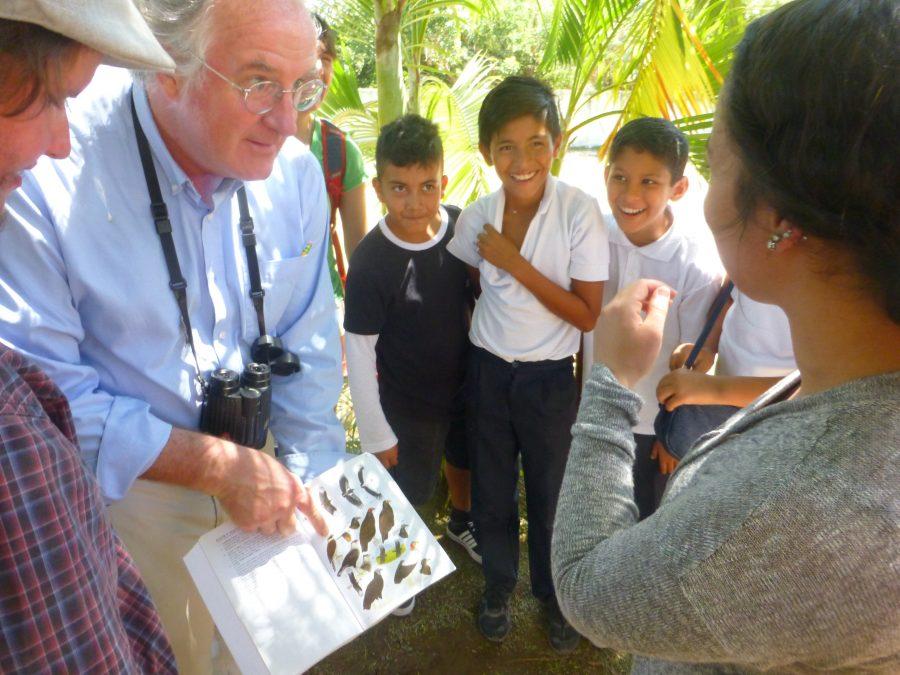CWU sends students south for SOBRE México
October 6, 2016
Professors Daniel Beck and Gabrielle Stryker are preparing for their first summer trip to Jalisco, Mexico after receiving a $250,000 grant from the National Science Foundation (NSF) for SOBRE MÉXICO: Student Opportunities for Biological Research in Mexico.
“This is the first year we got NSF funding to pay students to go, it used to be a class during [school] breaks,” Beck said. “NSF wants to teach new scientists, but they also want to build connections with international scientists and their students.”
The program can afford to send five to six students for eight weeks each year over the next three years to the field station Estación de Biología, Chamela in Western México.
“The main benefits of [going in the summer] is that everyone is paid for their work and they won’t have classes to distract them,” Beck said, “and when we get there we get to see the transition from the dry season to the wet one and how animals and plants handle extreme seasonality.”
All expenses of the trip, including travel, residence and meals will be covered by the grant in addition to the student’s wages, which is roughly $500 a week.
The accepted applicants will depart after spring quarter in order to catch the end of the dry season.The students will then learn the variety of positions they can study and work with.
“What we want to do is welcome them in and let them decide what they want to do,” Beck said. “They can develop their own ideas and pitch them to us, that way we’ll have them ready for the next year if they work out.”
Applications for the 2017 trip are due Oct. 31, and is open to all interested students, but the primary focus is on those pursuing biology, chemistry and climate change.
Jazmine Wardman, a freshman who wants to go into biochemistry, considers the program to be a good way to get experience in her field.
“If you really think about it, [an] animal’s physiology is pretty similar to a human’s, so some effects that happen to them can apply to us as well,” Wardman said, reflecting on how studying animals can apply to the medical field.
Aside from research, Beck and the other professors at the field station stress the importance of building connections between the students while learning from one another in a unique educational environment.
“I think going and being culturally mobile is important because there’s just not one culture in the world,” Wardman said. “You’re only going to learn if you go out and take the time to do so.”

